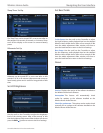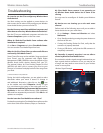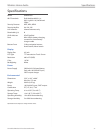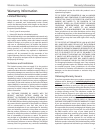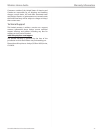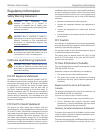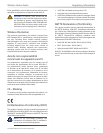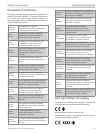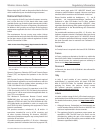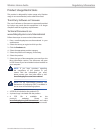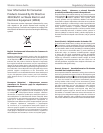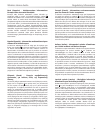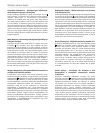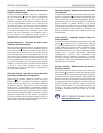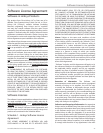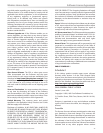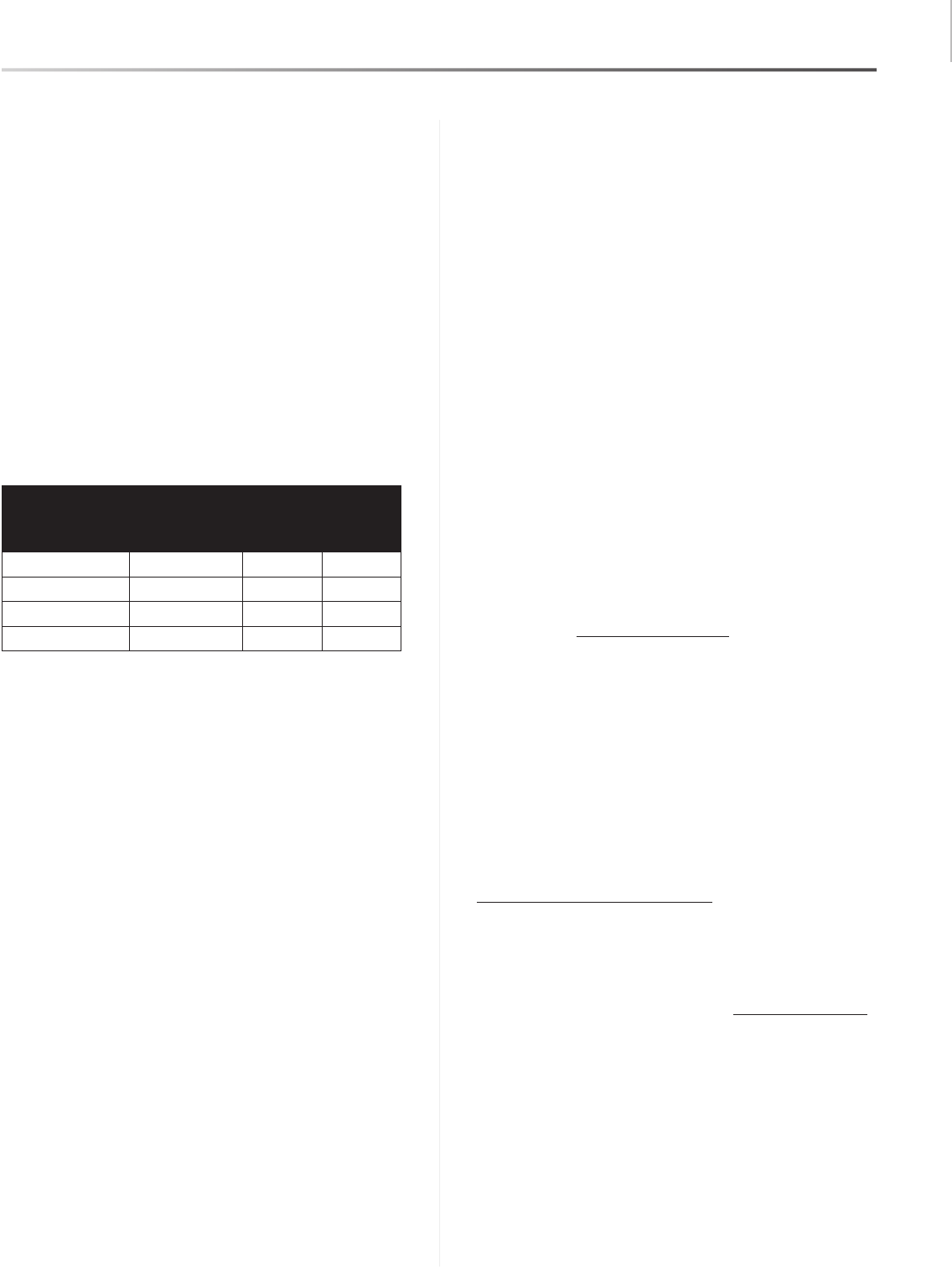
Regulatory Information
39
Controller/Wireless-N Touchscreen Remote
Wireless Home Audio
Please check the CE mark on the product label to find out
which notified body was involved during assessment.
National Restrictions
In the majority of the EU and other European countries,
the 2.4 GHz and the 5.0 GHz bands have been made
available for the use of wireless local area networks (LANs).
The table labeled “Overview of Regulatory Requirements
for Wireless LANs” provides an overview of the regulatory
requirements applicable for the 2.4 GHz and the 5.0 GHz
bands.
The requirements for any country may evolve. Linksys
recommends that end-user check with the local authorities
for the latest status of their national regulations for both
the 2.4 GHz and the 5.0 GHz.
Overview of Regulatory Requirements for Wireless Table A–
LANs
Frequency
Band (MHz)
Max. Power
Level EIRP
(mW)
Indoor
Only
Indoor &
Outdoor
2400-2483.5 100 X
5150-5250 200 X
5250-5350† 200 X
5470-5725† 1000 X
Dynamic Frequency Selection (DFS) and Transmit Power Control †
(TCP) are required in the frequency ranges of 5250-5350 MHz and
5470-5725 MHz.
Dynamic Frequency Selection (DFS) and Transmit Power
Control (TPC) are required for operation in the 5.0 GHz
band.
DFS: Dynamic Frequency Selection. This feature is required
by the national regulations to avoid interference with the
Radio Location Services (radars) when operating in the
5.250-5.350 GHz & 5.470-5.725 GHz bands.
TPC: Transmit Power Control. For operation in the 5.250-
5.350 GHz band & 5.470-5.725 GHz band, the maximum
power level is 3 dB or more below the applicable limit. As
such, TPC is not required.
This Wireless-N Touchscreen Remote Control model
DMRW1000 does not meet the DFS requirements as
defined in ETSI/EN 301-893. The 5250-5350 MHz & 5470-
5725 MHz bands are disabled in order to comply with
the ETSI/EN 301-893. Operating this equipment in these
bands is not allowed.
This product contains a wireless-N, -G, -B, and/or –A
transceiver, intended for use in all EU countries, and
all other countries following EU directive 1999/5/EC,
without any limitation except for any country listed in the
restriction of use below:
Ce produit contient un sans fil-N, - G, - B, et/ou - A émetteur
récepteur, destiné à l’utilisation dans tous les pays de l’UE,
et tous autres pays après l’UE 1999/5/EC directif, sans
n’importe quelle limitation excepté n’importe quel pays
énuméré dans la restriction de l’utilisation ci-dessous :
Dieses Produkt enthält ein drahtloses-n, - G, - ein B
und/oder - ein Lautsprecherempfänger, bestimmt für
Gebrauch in allen EU-Ländern und in allen weiteren
Ländern nach EU richtungweisendes 1999/5/EC, ohne
irgendeine Beschränkung außer jedem möglichem Land,
das nachstehend in der Beschränkung des Gebrauches
aufgeführt wird:
Cer produit zahlt contient un sans fil-N, - G, - B, et/ou - ein
émetteur récepteur, destiné à l’utilisation dans tous les de
L’UE, und zahlt tous autres après l’UE 1999/5/EC directif,
sans, n’importe quelle Beschränkung excepté n’importe,
das quel énuméré dans la restriction de L’utilisation Ci-
dessous zahlt:
Croatia
In Croatia, license is required in the band 5150-5350 MHz.
France
In France, outdoor use limited to 10 mW e.i.r.p. within the
band 2454-2483.5 MHz. For detailed information, the end-
user should contact the national spectrum authority in
France or visit http://www.arcep.fr/
Denmark
In Denmark, the band 5150-5350 MHz is also allowed for
outdoor usage.
Italy
In Italy, if used outside of own premises, “general
authorization” is required within the band 5150-5350
MHz & 5470-5725 MHz. For detailed information on
applying for license, the end-user should contact
the national spectrum authorities in Italy or visit
http://www.comunicazioni.it/it/
Latvia
In Latvia, outdoor usage of the 2,4 GHz band requires an
authorization from the Electronic Communications Office.
For detailed information, please visit http://www.esd.lv
Notes:
Although Norway, Switzerland and Liechtenstein are 1.
not EU member states, the EU Directive 1999/5/EC has
also been implemented in those countries.
The regulatory limits for maximum output power are 2.
specified in EIRP. The EIRP level of a device can be
calculated by adding the gain of the antenna used
(specified in dBi) to the output power available at the
connector (specified in dBm).



